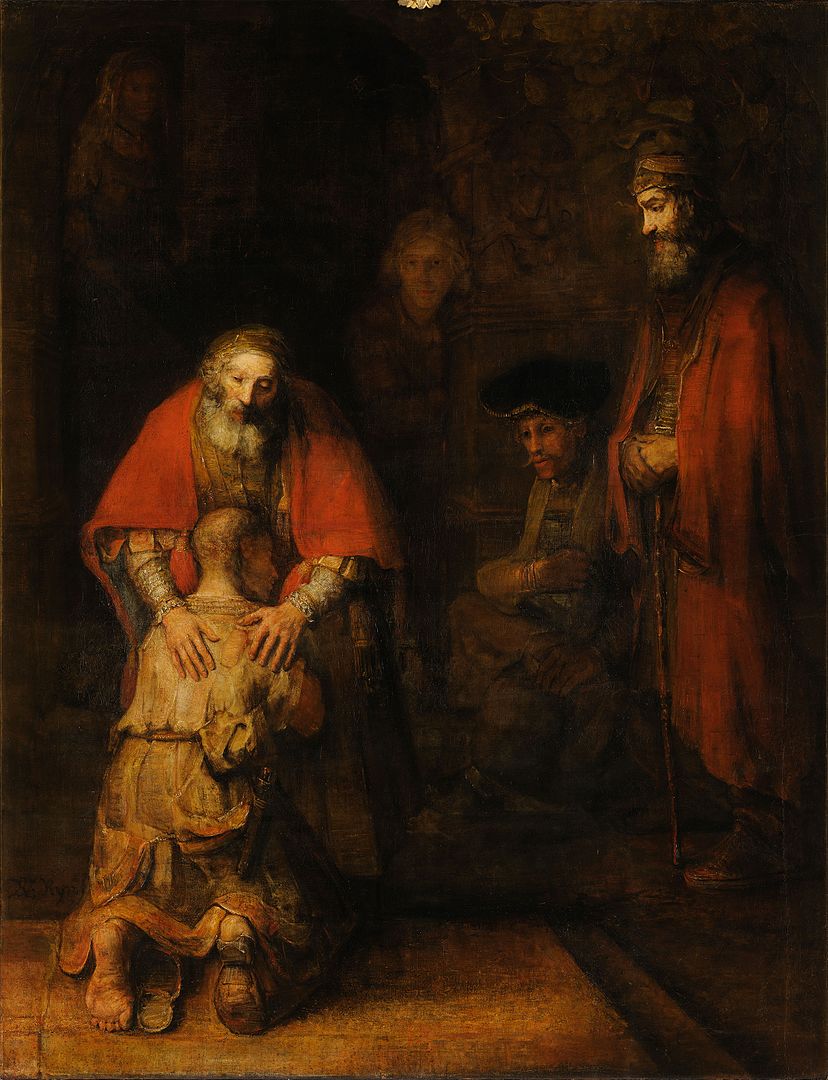For the Lord your God is living among you. He is a mighty savior. He will take delight in you with gladness. With his love, he will calm all your fears. He will rejoice over you with joyful songs.
—Zephaniah 3:17
“We must understand that God does not ‘love’ us without liking us – through gritted teeth – as ‘Christian’ love is sometimes thought to do. Rather, out of the eternal freshness of his perpetually self-renewed being, the heavenly Father cherishes the earth and each human being upon it.”
—Dallas Willard
 Though our one calendar-appointed day of Thanksgiving is now past, a whole season of preparation and gratitude begins on Sunday with Advent. So I’d love to offer a question to prompt our reflections as we enter this season:
Though our one calendar-appointed day of Thanksgiving is now past, a whole season of preparation and gratitude begins on Sunday with Advent. So I’d love to offer a question to prompt our reflections as we enter this season:
Where has your gratitude been rooted in different seasons of your life, and where is it rooted now?
At our recent “Rhythms of Gratitude” retreat, a gaggle of us talked about this question. For some of us, gratitude has been rooted in an obligation to be happy, something we’ve been shamed into even as children: “You have so much that others don’t have, so why are you grieving? Just be happy.” For others of us, gratitude has hardly had any roots at all, being more of a self-help hack: “If I just write down a few things to be grateful for every day, it’ll keep the heaviness at bay!” It turns out that our experience of gratitude, like the history of America’s first Thanksgiving, isn’t always planted in good soil.
And yet, haven’t we all experienced the sort of profound gratitude that puts everything in perspective, even just for a fleeting moment? Surely there is a true gratitude that is deeper and wider than we can imagine?
So we wondered: What if our notion of gratitude was rooted in God’s gratitude for us?
This past week, Margot Eyring led a beautiful “Space for God” meditation on the gratitude of the father in the story of the Prodigal Son (Luke 15:11-32). As Willard suggests, we are almost too familiar with the words “God loves you,” and we can imagine God’s love as a cold, hard fact, more like gravity than affection. But in this parable, we see a father overcome with gratitude for his son. We do not see a begrudging, obligatory love, but a lavish delight. We can almost hear the father singing over his son, as God sings in Zephaniah. Nothing the son had done could get in the way of his father’s gratitude for his life.
And because God loves us like this, cherishing us as infinitely precious gifts, God draws near to us in Jesus, that we might have life to the full.
Artwork: “The Return of the Prodigal Son” by Rembrandt (c. 1661–1669)
